Theme Festival - Gameshows

With relatively small budgets, big runs and family co-viewing, gameshows could be one of the genres to trend heavily with commissioners looking for Covid-friendly content. But physical formats, the lack of studio audiences and testing large numbers of contestants pose challenges. Clive Whittingham reports.
Gameshows have been enjoying something of a renaissance in recent times, with classic formats such as The Weakest Link and Wipeout getting revivals and long runners like Family Feud enjoying a ratings bump.
The genre has a lot going for it when it comes to producing in the midst of a global pandemic: you can make a lot of episodes for a relatively small budget, which is attractive to broadcasters facing a challenging economy; you can produce on closed sets with limited crew, having tested contestants playing alone or within a family bubble; and the co-viewing experience they offer feeds into a trend for families watching television together more often while locked down at home.
Andre Renaud, senior VP of global format sales at BBC Studios, says: “Every company went through a panic meeting in March and April last year about what to do – what does it mean, how does it work, how do we mitigate it?
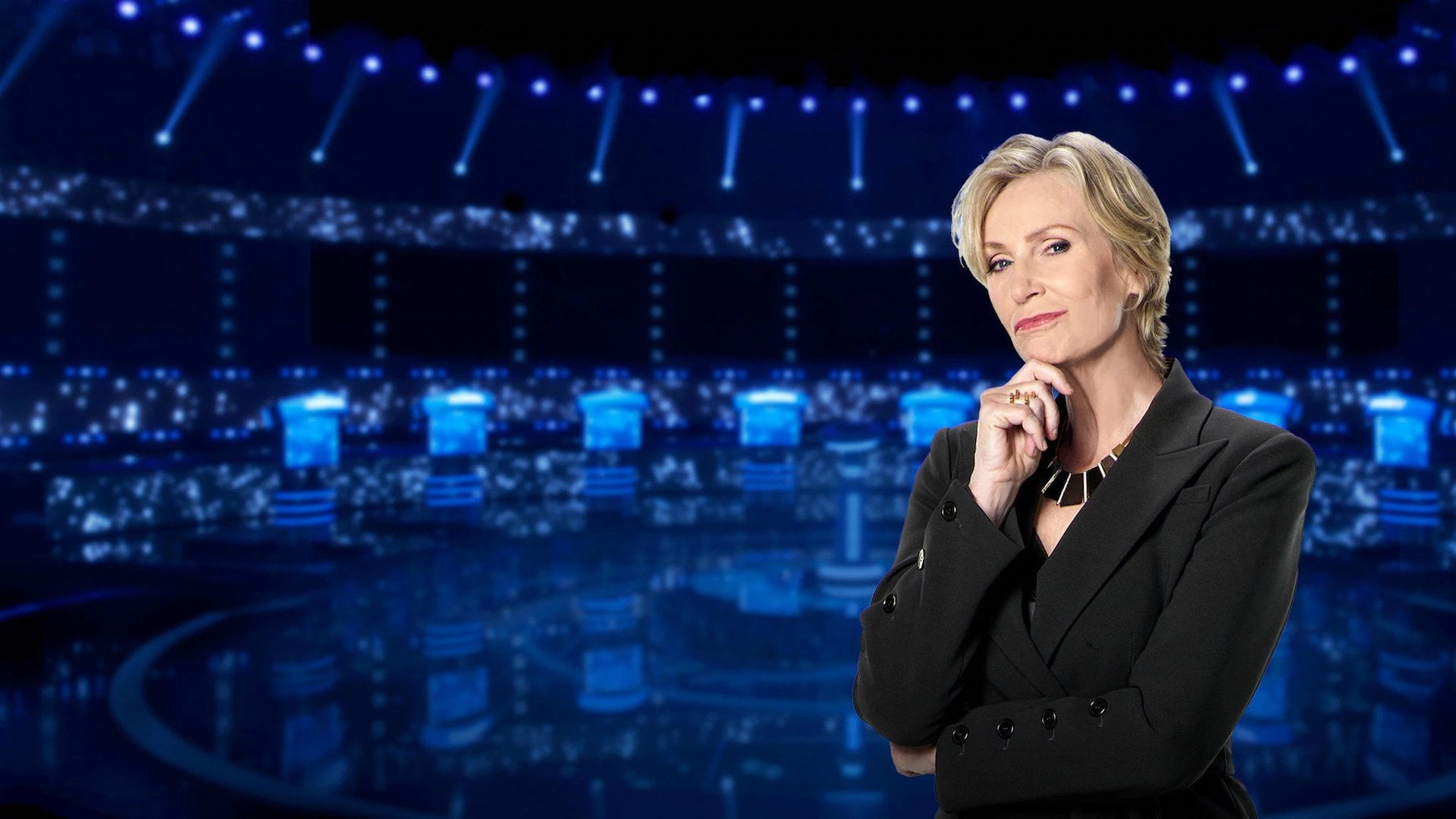
“There were gaps in schedules that came through for a bunch of reasons, such as no live events and no sports and major entertainment shows that had to be moved. It meant people did want content available quickly, safely made and in a way that could negotiate a partial lockdown or post-lockdown environment.
“What came through from that was gameshows. They’re naturally designed to have multiple episodes recorded in small sets and studios. We’ve had The Weakest Link renewed in the US on NBC and also commissioned in Greece and Russia. Shows like A Question of Sport came through in Slovakia and Greece as well, to fill that gap.
“As the year has progressed, the audience has looked for more family-friendly, escapist programming. They don’t want to see a Zoom production on screen; people want to be taken away. Shows like Bake-Off and Dancing with the Stars do that. From a formats point of view, we’ve been well placed to fill that gap.”
However, Louise Pedersen, CEO of distributor All3Media International, which shops ITV’s word game Lingo among others, cautions against a broad catch-all that drama is nearly impossible to produce while formats are a doddle in the current climate.
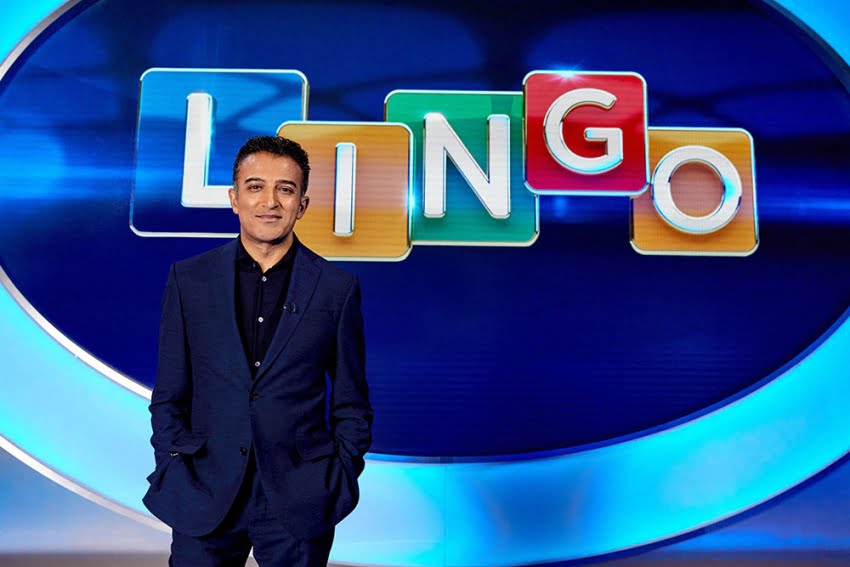
“Formats were affected by the local production hiatuses around the world; we had a little bit of a dip with them in the middle of last year because nobody could produce them and I do think there is a problem with those audience-based formats,” Pedersen says, “whereas shows like Gogglebox, which you can produce freely in a pandemic, have done very well.
“It’s hard to generalise; it depends on the type of show. Race Across the World was postponed for us because you can’t travel. We have a successful show, Travel Guys, in Australia that has had to stay within its own borders this year.
“People have had to be flexible with how they produce formats and unscripted; they’re not all a lot easier than drama. Drama on a closed set with testing two or three times a week, a cast and crew in a secure environment and not dealing with contributors coming in and out all the time can be easier to manage when it gets going.”
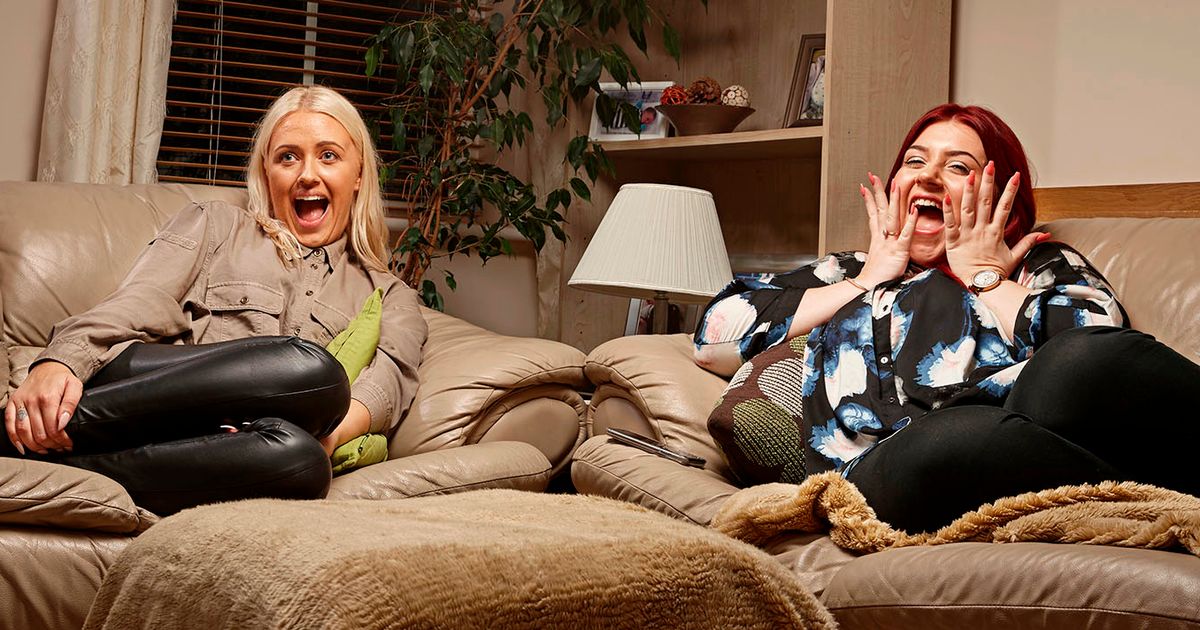
Rob Clark, European studio Fremantle’s experienced director of global entertainment, lands somewhere in the middle. He says protocols regarding people on set and the lack of studio audiences has hit the company’s big talent shows hard, but gameshows can be well suited to the new normal.
“With gameshows, you can get away with it because a gameshow is a sealed bubble; it shouldn’t have any relevance to the outside world,” Clark explains. “That’s one of the secrets of a gameshow – the outside world doesn’t exist. You never turn to an audience on most gameshows, apart from Play Your Cards Right/Card Sharks, which is all about higher or lower. The Price is Right has had its own issues too, but we’re back in production in Europe, Asia and the US with that show.
“The main thing is if you’ve not got any response to a show with a lot of humour in it, and one of the keys to a gameshow is it has to be funny. You can get around that with a sparse, socially distanced audience, or do what The Big Breakfast did on Channel 4 and make your crew your audience. Rather than concentrating on what they’re doing and being the silent deliverers of the programme, the crew become a much bigger part. Then, in editing and dubbing, you enhance that noise the sparse audience or crew make.”
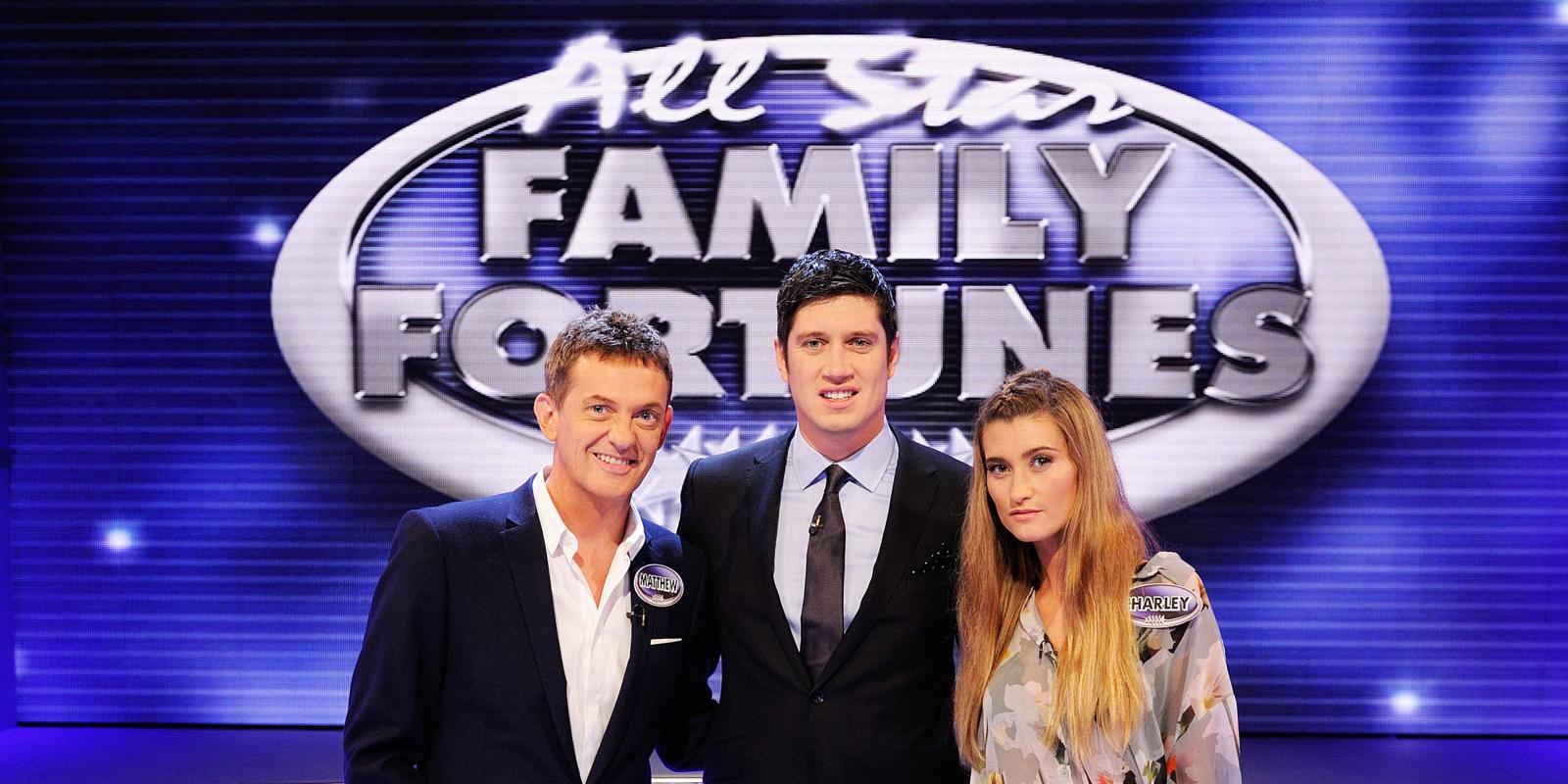
A show’s repeatability, chances in syndication, or value on the distribution market will presumably be affected if episodes clearly look like they were filmed in Covid-19 times, with masks, social distancing and no audience. With this in mind, Fremantle has been developing workarounds.
“You don’t want people too far apart but, when they’re sitting in a panel formation, like the contestant row on The Price is Right, we’ve put Perspex sheets down,” Clark says. “On camera, it looks very different and, if you look at as many gameshows around the world as I do, you’ll see that’s a technique most people are using.
“We tend to use family bubbles or we’re increasingly testing people. Family Fortunes/Family Feud is having an amazing year; it’s the most Covid-19-friendly show of all because it’s played in a family bubble. If you introduce candidates who don’t know each other and haven’t been tested, then obviously they need to be metres apart or shielded by Perspex, which we are using.”
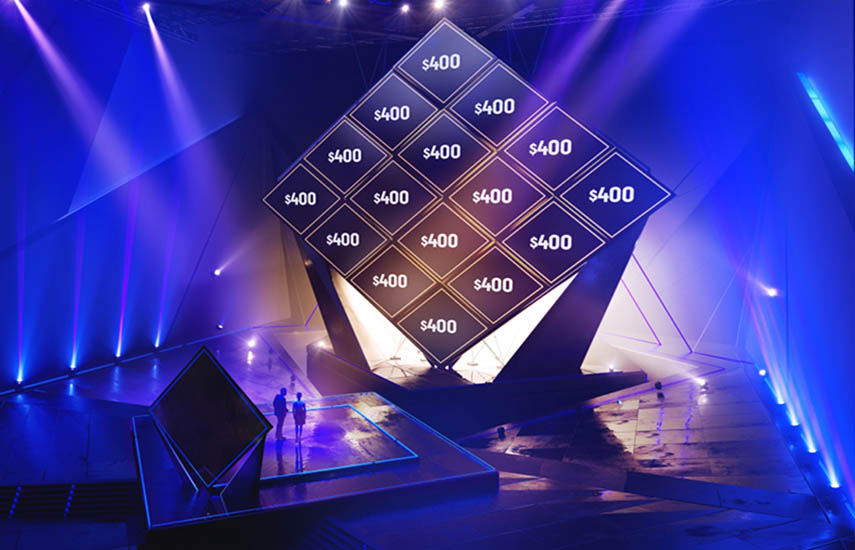
Over at ITV Studios (ITVS), the pandemic has encouraged the UK broadcaster’s commercial and production arm to develop new formats that can be produced in a Covid-safe environment. One example is new interactive gameshow Beat the Grid, a cost-effective format that can be produced with minimal crew and studio facilities. Created by ITVS-owned Armoza Formats, Beat the Grid features a contestant going head-to-head with viewers to seek the correct answer in an ever-increasing grid of options. The show uses CGI to turn a simple set, requiring few crew members, into a big shiny-floor format.
Cost-effective formats like these are also becoming an important focus for producers, according to Armoza Formats CEO Avi Armoza, who points out that the pandemic has “accelerated” a trend for cheaper shows that had begun to emerge before the crisis hit. “Lower-budget shows are becoming far more important because of the pandemic. We are focusing on feel-good, cost-effective formats that don’t need an audience,” Armoza says.
In line with the rising demand for gameshows, Maarten Meijs, president of global entertainment at ITVS, adds that the genre represents one of the three key types of formats for which buyers are looking at present, the other two being feel-good shows, such as The Voice, and escapist formats like Love Island.
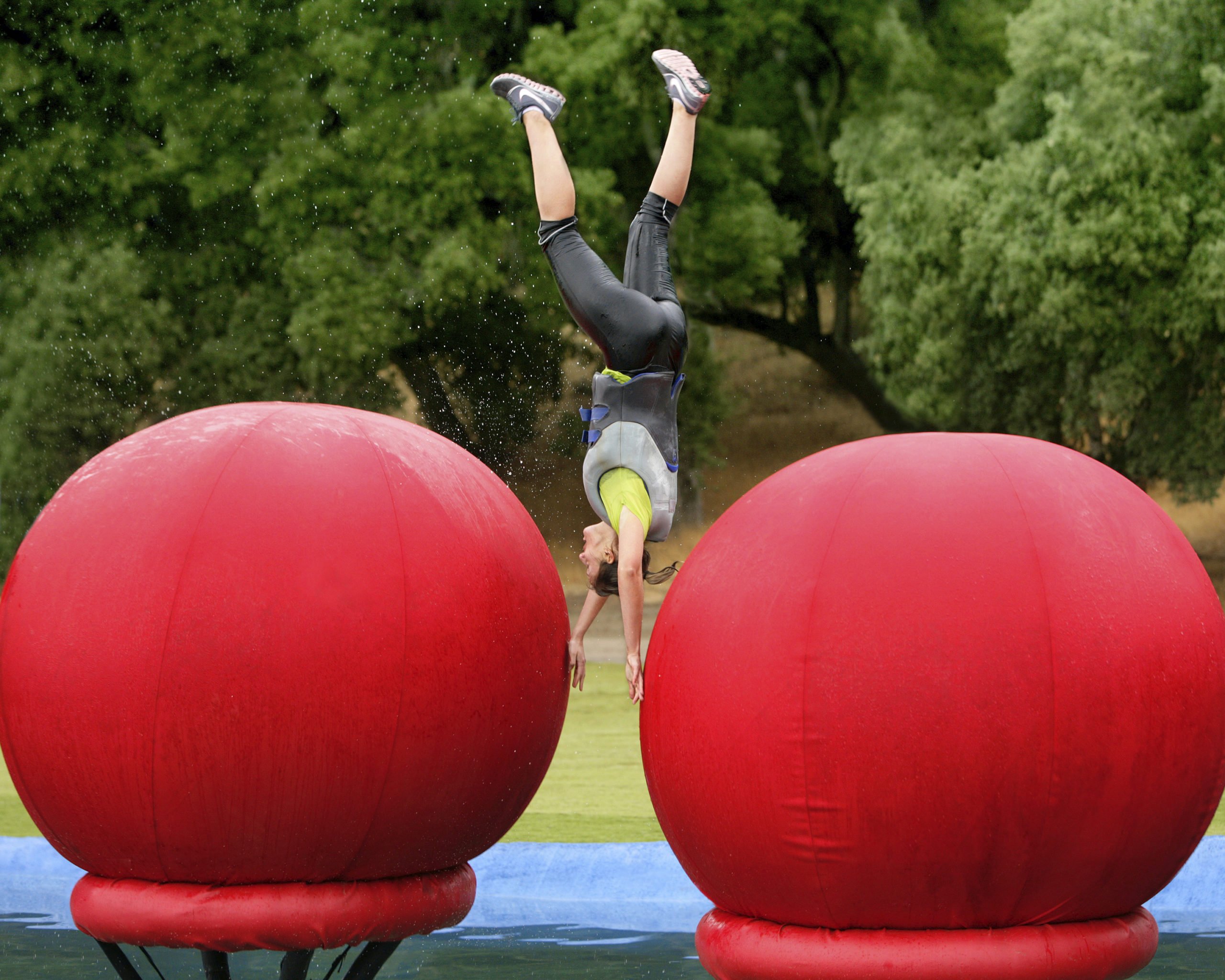
Prior to the pandemic, there had been a big trend towards physical gameshows, possibly led by the success of Ninja Warrior. Characterised by contestants clambering and sweating over large amounts of equipment, all in close proximity to each other, this area of the genre would surely be challenged by Covid-19 regulations. WarnerMedia-owned US cablenet TBS and Endemol Shine US, however, did push ahead with their big-budget reboot of former ABC format Wipeout, filming in LA at the height of the first wave of the pandemic.
Wipeout creator Matt Kunitz says: “The best thing we had going for us that most productions don’t have was being outside. We had social distancing and rigorous testing systems set up for the cast and crew. Our goal was that when you watch the show, you will not know it was shot in Covid-19 times. I was watching a network gameshow recently and everybody was spread out, the contestants had gloves on. It felt so Covid to me and we really didn’t want that.
“The show is meant to be an escape. When we premiered originally, we did so after the recession. America was down. We came out with this silly popcorn gameshow that didn’t make you think too hard. No politics, nothing depressing – you could tune in with the whole family and enjoy it. Now, many years later, we’re premiering again in the midst of a depression, with people trapped in their homes. It’s a big, fun, popcorn summer show that the whole family can enjoy.”
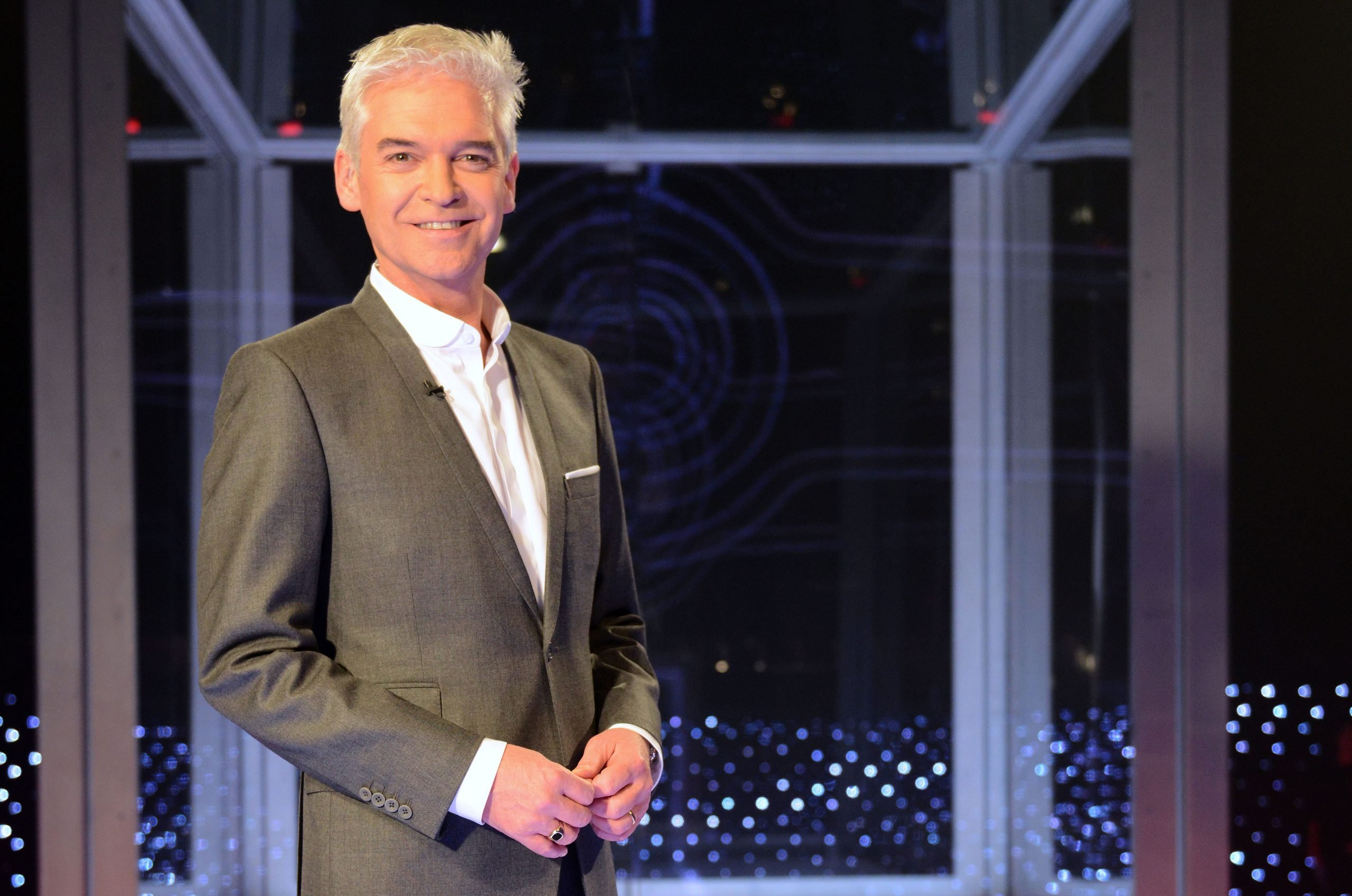
Coming back to the idea that unscripted is naturally easier to produce than drama in lockdown, Kunitz says they cast 700 potential contestants for the series and almost worked through all of them thanks to drop-outs and positive tests along the way. Nevertheless, Kunitz, who is also behind Fear Factor, says he will continue to develop big, ambitious shows, despite circumstances seeming to lend themselves more towards tighter, studio-based ideas such as ITV’s revival of The Cube.
“The week after the lockdown back in March, my company had our most successful week ever, selling three shows, two to Fox and one to HBO Max,” he says. “All three shows were not necessarily designed for Covid-19. Those three shows are all still in development at the networks. They’re big shows that you may not want to rush out and shoot today. Hopefully, there is light at the end of the tunnel now as more people get vaccinated and those shows happen soon.
“With Fear Factor and Wipeout, they were not only big shows but big shows that work internationally. I know that’s what I do well, so I’m not shying away from that. I will continue to create big shows. I don’t think the landscape will change dramatically because of Covid-19.”
The point about family co-viewing is one shared by Leona Connell, exec VP of distribution at France’s Newen Content, which shops formats such as France 3’s word game Harry and whodunnit show Crime Scene – Who Did It?.
“On the entertainment side, we’ve definitely seen a need for primetime entertainment shows with a feel-good factor. A number of people have spoken about the need for gameshows as well, because they seem to work well for family audiences and aren’t too expensive to produce generally,” Connell says.
No genre is without its production challenges at the moment, but gameshows would seem to lend themselves to the current circumstances better than most. Crucially, they also appeal to the escapist, upbeat and co-viewing trends that have become watchwords in commissioner interviews of late.